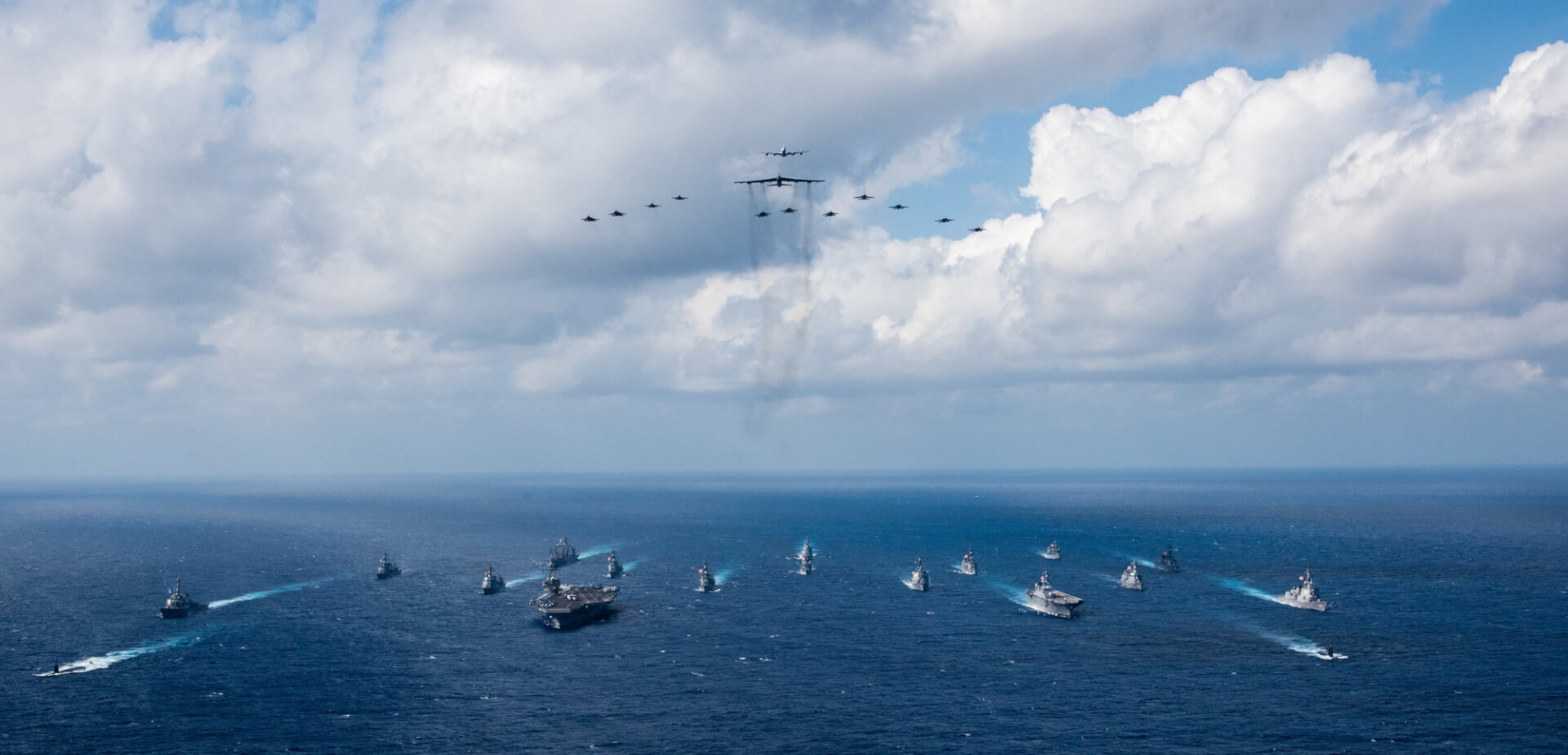Australia and the Maldives on Sunday clarified that they did not participate in a China-led Indian Ocean forum earlier this month, refuting China’s claims that that 19 countries, including delegations from Canberra and Malé, had participated.
Australian High Commissioner to India Barry O’Farrell tweeted that “no Australian Government official attended the Kunming China-Indian Ocean Forum on Development Cooperation.” He said the only meeting on the Indian Ocean attended by Australia was the recently concluded Indian Ocean Rim Association (IORA) summit in Dhaka. O’Farrell stressed that Canberra and New Delhi share an “enduring interest” in “a free, open, rules-based and secure Indo-Pacific.”
Pleased @TimWattsMP attended #IORA Ministerial Council last week, the only ministerial-level forum for Indian Ocean. 🇦🇺 was delighted 🇮🇳’s application for Vice Chair was accepted by consensus. We share an enduring interest: a free, open, rules-based & secure Indo-Pacific. (2/2)
— Barry O’Farrell AO (@AusHCIndia) November 27, 2022
Former Australian Prime Minister Kevin Rudd was reportedly present at the event; however, the current Australian government did not give him official accreditation.
The Maldivian Foreign Ministry, too, rejected claims that its delegation was present at the forum, saying it communicated its decision to China. “Furthermore, participation by individuals or group of individuals from the Maldives, does not constitute official representation by the Government of Maldives,” the statement emphasised.
With its forays into India's maritime backyard growing, China is seeking a bigger role in the wider Indian Ocean region, the hub of its BRI investments. Without inviting India, it held a Nov. 21 meeting of 19 Indian Ocean states, ranging from Australia to Sri Lanka and Mauritius.
— Brahma Chellaney (@Chellaney) November 26, 2022
Noting that only the president can conduct the foreign policy of Maldives, the ministry stated that the government gave no official accreditation to any individual or group attending the meeting.
On 22 November, the China International Development Cooperation Agency (CIDCA) released a statement claiming 19 Indian Ocean countries—including Pakistan, Sri Lanka, Bangladesh, Afghanistan, Iran, Australia, and the Maldives—had attended a forum on the Indian Ocean economy in Kunming. China did not extend an invitation to India, which shares a healthy relationship with both Australia and the Maldives.
Australia and India share a comprehensive strategic partnership, are both members of the Quad, hold joint military exercises, and recently agreed to a free trade agreement.
Meanwhile, the Maldives has received over $2 billion in financial assistance from India, including the recent $400 million Line of Credit from India’s Exim Bank, a $100 million grant from the Indian government for the Greater Male Connectivity Project, and an additional $100 million Line of Credit for infrastructure development.
Furthermore, it has received defence and security equipment and funding to build security infrastructure, such as police stations. The two countries also collaborate on cybersecurity and disaster management.
In turn, the Maldives has emphasised its commitment to an ‘India First’ foreign policy and has pushed back against domestic criticism of India’s security presence in the country. as well as criticism of India in international forums such as the Organisation of Islamic Countries.
According to CIDCO, the meeting discussed developing the marine economy in the Indian Ocean in a sustainable manner, and all representatives agreed to “unleash the potential of blue economy.” They also talked about reducing biodiversity loss, preventing marine pollution, and tackling climate change in the Indian Ocean.
The central tenet of our Indo-Pacific strategy is acting in Canada’s national interest, while defending our values pic.twitter.com/1tOBExhBKt
— Mélanie Joly (@melaniejoly) November 27, 2022
The statement said that the Chinese government has proposed establishing a “marine disaster prevention and mitigation cooperation mechanism” between Indian Ocean states and China and a blue economy think tank.
China has been trying to gain the upper hand, both militarily and economically, in the Indo-Pacific. According to the United States, China has been expanding its military presence in the region by “abusing commercial arrangements” with host countries.
Beijing has also been trying to counter ‘anti-China’ alliances in the region, particularly the Quad, a grouping made up of India, the US, Japan, and Australia. Experts predict that the Indo-Pacific will be a major conflict centre between China and its rivals.
Earlier this year, in its strategy for the Indo-Pacific, the US said it will look to “bolster Indo-Pacific security” and ensure a “free and open Indo-Pacific.” Similarly, last week, Canada announced a $1.7 billion initiative to increase its military presence in the Indo-Pacific to counter China’s threat.

